IT'S THE AFTERNOON of Feb. 26, during a three-games-in-four-nights stretch, and Miami Heat center Hassan Whiteside is on a roll. Tomorrow night, his Heat will host the Golden State Warriors, then fly to Houston to face the Rockets on Feb. 28. But now he's rattling off what time the Warriors game will end (10 p.m.), when they'll board their flight (11:30 or later), when they'll land in Houston (2 a.m.) and arrive at the hotel -- he figures it'll be 3 -- before playing the Rockets later that day. "And that's just what we've got tomorrow," he says.
Sleep matters, Whiteside says -- it matters a lot. It "could be the difference between you having a career game or playing terrible." But therein lies the conundrum of NBA life. For something so important, it's remarkably elusive. As Whiteside says: "It's just so hard to get the sleep that you need."
To fight back, he says he hopes to grab a few hours of sleep on the plane to Houston. He hopes the hotel bed there is OK, though that's never a guarantee. He hopes the melatonin he often takes will help him snooze, though that isn't easy after games. But even with that, is it possible within the current NBA schedule to obtain consistent, quality sleep?
"Nah," Whiteside says. "It's impossible. It's impossible."
Fatigue has long been a reality of life in the NBA, a league with teams that play 82 games in under six months and fly up to 50,000 miles per season -- roughly 20,000 more miles each season than NFL teams and far enough to circle the globe twice. Over the 2018-19 season, the average NBA team played every 2.07 days, had 13.3 back-to-back sets and flew the equivalent of 250 miles a day for 25 straight weeks.
Some in the league, from players and coaches to training personnel, have begun to suspect that the toll extracted by the NBA grind -- the combination of the sport's physical demands, the circadian disruptions, the six to eight months of travel across time zones -- is not fully appreciated. Some of those specialists have begun compiling data. And that data suggests that sleep deprivation is the NBA's silent scourge -- a pox on the bodies and minds of NBA athletes, with impacts both wide and deep.
One NBA GM calls it a "very big issue." Another GM adds, "We have a large population of vampires as it is -- add in the travel and it's more so. We all want better solutions to this." Says a third, "It is a real problem for the entire league."
When asked to address the issue, the NBA provided a statement that declared that "player health and wellness continues to be a major focus for the NBA" and noted its "significant game schedule changes, an investment in a new airline charter program, a focus on mental health and wellness, and the advancement of wearable technology. ... Sleep is an area we look at closely as part of this effort."
Still, despite the league's best efforts -- lengthening its schedule in recent years, reducing back-to-backs for five straight seasons (down to an average of 12.4 per team in the coming season), eliminating four-in-five stretches, reducing the nationally televised games that tip off at 10:30 p.m. ET, creating more rest days -- sleep deprivation remains what one high-ranking league source intimately involved with player health calls "our biggest issue without a solution."
"It's the dirty little secret that everybody knows about."
FROM HIS STALL in the visitors lockers in Staples Center, Tobias Harris looks around the room. He points at each of his teammates, even the team staffers, one by one, from left to right.
"You ask anybody in the room," Harris says. "The thing I talk about is sleep.
"I think in a couple years," he says, "[sleep deprivation] will be an issue that's talked about, like the NFL with concussions."
It's early in the 2017-18 season. Harris is with the Detroit Pistons, who've just fallen to the Los Angeles Lakers. And as Harris expounds on his favorite topic, Pistons guard Reggie Jackson, dressing in the next stall, shakes his head and groans. Jackson has heard this speech before. "Some guys joke, 'Oh, you have a bedtime,'" Harris says, dodging the shade. "But I've got to be able to function the next day at the top level." This is how Tobias Harris rolls: On off-days, he'll make sure he's done with everything by 6 p.m. so he can be in bed by 8:30 to achieve his nightly goal of nine hours of sleep. On game nights, he kick-starts his recovery as soon as the buzzer sounds. At his locker, he'll strap a breathing belt around his waist and slip a heart-rate monitor on his index finger. He knows the game has caused his body to release cortisol, a hormone that wakes him up, while suppressing melatonin, the hormone the body naturally produces to regulate sleep. He's out of balance. So for a few minutes, still wearing his jersey, adrenaline still flowing through his veins, he'll take several deep breaths, trying to slow his heart rate and breathing until they're aligned, monitoring his progress on an iPad.
He calls this his quiet time. The goal? Re-balance just enough so that once he settles into bed, he can quickly enter a deep, restorative sleep.
There's more. Harris travels with an electroencephalogram machine, examining his brain waves almost daily, engaging in daily 45-minute training sessions. He clips sensors onto each ear, another onto his temple, the three wires leading back into the EEG, then cues up a film or TV show; as the show plays, the EEG reads his brain waves. If they venture outside an optimal range for focus and concentration, the show doesn't play.
What Harris is doing is called neurofeedback. And although its efficacy has been debated by medical experts, Harris swears by it -- believes it arms him with knowledge in his ongoing battle against fatigue.
This has been Harris' routine for the past five seasons. But he's far from the only NBA player to feel the need to manage the impact of travel and sleep loss.
Take LeBron James. The four-time MVP famously says he invests seven figures a year on his fitness and physical well-being. But the one thing James has come to appreciate more than anything is sleep. In James' hotel rooms on the road, the temperature is set to 68-70 degrees, nearby electronics are shut off 30 to 45 minutes before he settles into bed -- and when that happens, a sleep app on his phone serenades him with the soothing sound of rain falling on leaves. As James said on a podcast with author and efficiency expert Tim Ferriss: "There's nothing more important than optimal REM sleep."
Swingman Andre Iguodala says he suffered sleep deprivation in the NBA for almost a decade before joining the Warriors in 2013. Now, after working with a sleep specialist, he avoids long naps that could sap his overnight sleep. He keeps his phone on airplane mode and TV off when he's in his bedroom. "It's not optimal sleep if you're sleeping on a plane," he says, "so that really don't count."
Portland Trail Blazers guard CJ McCollum began taking naps in high school and seeking nine hours of sleep a night. And in the NBA, he gets into bed as early as possible. "Lack of sleep messes up your recovery, messes up how you play, your cognitive function, your mindset, how you're moving on the court," McCollum says. "Sleep is everything."
Blazers wing Kent Bazemore has his own travel routine -- no electronics, blackout curtains -- all toward his nightly goal of seven hours a night. "You have to be cognizant of it, to make sure you get your body right."
A key to the longevity of 42-year-old Vince Carter, the NBA's oldest player? "Sleep. It's the No. 1 thing for me."
TIMOTHY ROYER STARED out the window of the Orlando Magic's charter bus as it made the trek toward a downtown Houston hotel. It was some absurdly late hour in the fall of 2015. The team had just arrived from another city, where the Magic had played hours before; they were there to wrap up a three-game road trip and close out the second game of a back-to-back set. The rest of the world was asleep. Royer, an athlete performance specialist who had worked with the Magic for the prior three years, was exhausted from the travel, nauseous and disoriented.
He looked around. The bus was exquisite. The players were millionaires, among the greatest athletes in the world. And still, on the basis of everything he'd seen and the data he'd been gathering since he joined the team, Royer had begun to believe that the grind of the NBA schedule was slowly undermining the physical gifts that had granted them a seat on the bus in the first place.
This is insane, he thought. Who could do this every single day?
It was an epiphany seven years in the making.
Royer, a clinical neuropsychologist with Neuropeak Pro, a company that specializes in athletic performance and recovery, had been introduced to the NBA in 2007 by journeyman center Chris Kaman. The two had met through a family friend in Michigan who believed Royer's use of neurofeedback could help Kaman, who'd struggled with focus and been diagnosed with attention deficit hyperactivity disorder as a child.
"I think in a couple years, [sleep deprivation] will be an issue that's talked about, like the NFL with concussions."
Tobias Harris
Though medical experts dispute neurofeedback technology's ability to treat ADHD, Kaman would say that Royer "changed my life" and would later become an investor in Neurocore, the parent company of Neuropeak Pro. And half a dozen years later, as Royer and his team worked with more pro athletes across several sports, Royer, who specializes in attention disorders, sleep management, stress and anxiety, would land a consultant role with the Magic (owned by the DeVos family, who became chief investors in Neurocore eight years ago) for the 2012-13 season.
And it was then that Royer began traveling with the team -- and noting the absurdities of the NBA routine.
Royer was not a peer-reviewed scientist, was not engaging in rigorous, double-blind studies. He had not set out to study sleep deprivation and its physiological impacts. But what he'd seen had given him pause. He had begun to consider the NBA grind a form of shift work -- but well beyond employees working a graveyard shift several days a week. This was a group of employees working wildly different ranges of shifts in short time spans, coupled with onerous travel across multiple time zones.
That last element was crucial. Circadian rhythms, tied to the rising and setting of the sun, dictate daily sleep/wake cycles. If those rhythms are thrown off, every cell in the body is affected, so much so that the World Health Organization's International Agency for Research on Cancer has classified circadian disruption from shift work -- which affects, among others, emergency medical workers, military personnel, pilots, firefighters and law enforcement -- as a possible human carcinogen.
Zigzag across time zones and it's worse. "There's not a factory on the planet," Royer says, "that would move shift workers the way we move NBA players."
Still, until that moment on the bus in the small hours of the night, Royer had continued to believe that the NBA schedule and the league's approach to travel and sleep could be overhauled. Players could be educated and their sleep monitored. The number of games could be reduced. Travel schedules could be changed.
In the five years since, he has begun to believe that those measures, while helpful, are insufficient. Sleep deprivation, he believes, is more than just a hindrance to NBA players on the court. It likely is injuring them -- and shortening their lives.
SLEEP DEPRIVATION IS not just an NBA problem. It is, in fact, an everybody problem. In 2011, the CDC declared insufficient sleep to be a public health problem. Over the past 50 years, according to research conducted by Dr. Charles Czeisler, the director of sleep medicine at Boston's Brigham and Women's Hospital and Harvard Medical School, the national average sleep duration on work nights has fallen from eight and a half hours to less than seven. That has consequences.
As Matthew Walker, professor of neuroscience and psychology at the University of California at Berkeley and founder and director of its Center for Human Sleep Science, says: "Based on the weight of probably now about 10,000 empirical scientific studies, the number of people who can survive on six hours of sleep or less without showing any impairment, rounded to a whole number and expressed as a percent of the population, is zero."
Chronic sleep loss has been associated with higher risk for cancer, diabetes, obesity, heart disease, heart attacks, Alzheimer's, dementia, depression, stroke, psychosis and suicide. As Phyllis Zee, chief of sleep medicine in the department of neurology at Northwestern University's Feinberg School of Medicine, says, "Sleep deprivation ... doesn't only affect the brain -- it affects all your other organs. ... Think about it as punching your other organs."
So how much sleep do NBA players get per night during the season? Ballparking a figure is tricky, but Czeisler, who has worked with three NBA teams, says five hours per night is not an uncommon answer from players; he's had "very famous" players tell him that they sleep only three to four hours a night. Multiple factors contribute to this sleep deficit, not least the siren song of the NBA nightlife (though the "Tinderization" of the NBA has arguably minimized that effect). That said, one former and four current NBA athletic training staff members all separately say that six hours of sleep per 24-hour cycle is common among players, an estimate that combines the nightly sleep and the pregame nap that is typical for many NBA players.
And as for those naps? Sleep scientists suggest they are not all that beneficial.
"We have a circadian rhythm, and there are times when we have been designed to sleep and thus get optimal sleep," Walker says. "Trying to sleep during the day results in worse sleep quantity and quality and leads to significant poor health outcomes. We know this from hundreds of studies in nighttime shift workers."
"Based on ... about 10,000 empirical scientific studies, the number of people who can survive on six hours of sleep or less without showing any impairment, rounded to a whole number ... is zero."
Dr. Matthew Walker, professor of neuroscience and psychology at the University of California, Berkeley
Czeisler, for his part, recommends eight to 10 hours of sleep per night for NBA players -- adults ages 26 to 64 are recommended to get seven to nine hours, according to the National Sleep Foundation -- but one current NBA team staffer, who has worked in the league for decades across multiple teams, says players aren't touching that number. When it comes to their sleep per night, on the basis of that staffer's data and personal observation, "it's on the low-to-very-low end."
As one NBA executive notes: If a person slept four or five hours a night over an extended period of time, they'd survive. "But we're not asking our players to just be alive. We're asking them to perform at an elite level against others at an elite level.
"There's a huge difference between those two things."
IN FALL 2012, when the Magic's Tim Royer had sought to improve player focus and reduce stress, he and his team began by gauging players' heart-rate variability, hormones and breathing patterns. The existing science at the time suggested a few things: for one, that levels of cortisol, a hormone naturally released to combat stress, would be normal at first but would turn erratic as the season progressed -- which tests confirmed. What Royer and his team didn't necessarily predict was how erratic players' testosterone levels would become over that time too.
Testosterone is vital for athletes. It's a foundational hormone that impacts speed, strength, muscle mass, mood. And while studies had already shown that sleeping about five hours a night for one week temporarily lowers testosterone levels in men by an equivalent of 11 years of aging, what Royer saw in NBA players stunned him all the more.
By January, just three months into the 2012-13 NBA season, the testosterone of one player in his 20s had dropped to that of a 50-year-old man. (Those reductions in testosterone, it's worth noting, are not permanent, but they do require multiple days of recovery to offset.) And as testosterone levels fell for more players, the injuries seemed to correspondingly accumulate.
Initially, Royer and his staff were focused on optimizing performance. But all the red flags began pointing in one direction -- toward minimizing the impacts of travel and sleep loss.
For her part, Dr. Eve Van Cauter, director of the Sleep, Metabolism and Health Center at the University of Chicago, notes that sleep loss leads to a decline in physical performance, eye-hand coordination, attention span -- almost everything one can measure. A sleep-deprived person at the top of a staircase is more likely to stumble and fall, she says. An equally exhausted NBA player jumping, landing, cutting and diving on a court? More likely, she says, to take a misstep that leads to an injury.
"Lack of sleep messes up your recovery, messes up how you play, your cognitive function, your mindset, how you're moving on the court. Sleep is everything."
CJ McCollum
As the years went on, Royer and his staff considered their efforts to counter sleep loss -- like deep-breathing exercises to optimize sleep -- to be all but a Band-Aid for a broken bone. By the 2014-15 season, Royer and his staff had fully committed to their investigation of sleep deprivation, tracking 18 players over multiple teams in each conference. When the season began, those players' testosterone levels ranked, on average, in the 88th percentile compared to males their own age. After two months of NBA play and travel, their levels had fallen to the 70th percentile; by March, the 32nd percentile -- a 64% drop in just five months.
That year, for the first time, Royer also began monitoring one Eastern Conference team's brain wave activity throughout the season. In a room at the team's practice facility, players would sit in large chairs, strapped to EEGs, results of their brain waves appearing on 60-inch flat-screen TVs in front of them. At normal cognitive levels to start the season, by April the team's players had levels collectively on par with some patients in their late 60s or early 70s who were experiencing deficits in processing speed and short-term memory. (Such short-term memory loss is temporary. Dr. Andrew Heyman, lead physician and owner of the Virginia Center for Health & Wellness, notes that mental faculties can return within a couple of weeks with seven to eight hours of nightly sleep, moderate exercise and proper diet.)
The next season, Royer and his team broadened their efforts, tracking hormones four times a season, heart-rate variability and breathing patterns not just for players but also for dozens of members of traveling parties for teams in both conferences. They found that those who simply traveled with the team showed similar declines to those of the players themselves. "That's when we stopped thinking, 'Oh, these guys are playing too much,'" Royer says. "It's not about playing. It's about traveling."
By the 2016-17 season, Royer and his staff had begun gauging players' sleep overnight with mobile polysomnographs or wearable devices throughout the season, and by the end saw that players were obtaining little, if any, restorative REM sleep.
If deep sleep is like cash in a wallet, REM sleep is like a retirement fund. In such a grinding schedule, with so much sleep debt, the players were all but bankrupt.
IN EARLY 2018, Royer and his staff, motivated by the data they'd collected from NBA players, turned to John Leopold, an independent statical consultant at DePuy Synthes, a provider of orthopedic and neuroscience products and services. (Neurocore -- Neuropeak Pro's parent company -- consulted with Leopold to analyze the data and provide results.) Royer and his team wondered most of all: Did the lower testosterone levels they'd uncovered correlate to an increased risk of injury? They provided Leopold with nearly 400 testosterone samples from more than 100 players across almost six years -- players who had cumulatively reported more than five dozen injuries during that span.
Two analyses were performed. A few weeks later, Royer and his staff got the full report. In both, factoring only data gathered from those players during that span, Leopold had found a "statistically significant increase in risk" when testosterone levels for players decreased below the 20th percentile for males their age.
Czeisler, the leading sleep researcher at Harvard, suspects there isn't another group that has collected the sort of data that Royer has. He says Royer's observations on the adverse impact of sleep deficiency on testosterone are "consistent" with what he would expect to see "based on the evidence of the adverse physiological impact of recurrent circadian disruption and sleep deficiency. There's no doubt to me that these things were happening."
Says Michele Roberts, executive director of the National Basketball Players Association: "It's not surprising that poor sleep patterns will negatively affect performance and, more importantly, can cause significant long-term health risks. In our last round of bargaining, we addressed some of these concerns through schedule adjustments, including by lengthening the season ... and by increasing the mandatory number of days off. We are anxious to see any new data analyzing the effects of sleep loss in professional sports so that we can continue our efforts."
Today, Royer believes his sample size is large enough to merit further scientific analysis. As of January, he is no longer with Neuropeak Pro for reasons he can't disclose, owing to the terms of his previous contract. But he's been a neuropsychologist for 25 years. Over that span, his team has gathered data on more than 50,000 individuals and worked from a database of more than 10,000 quantitative EEG tests, many of them from patients who suffer from sleep disorders, epilepsy, ADHD, dementia, autism or other neurodegenerative diseases. Since 2006, he and his staff have worked with more than 500 pro athletes across the NBA, NFL, NHL, MLB, golf, tennis, cricket, soccer and swimming. In the past six years alone, Royer says, he has worked with about 250 NBA players and consulted with eight teams.
Royer's team, again, doesn't even specialize in sleep; he stumbled upon the data only because he received behind-the-scenes access to an NBA team in part because that team was owned by the same people who helped fund his company. Beyond that, Royer himself is an imperfect messenger. He isn't a research scientist. He hasn't conducted a conclusive double-blind peer-reviewed study. But he is convinced that he's seeing the next major player health issue.
"We've been doing this for six years. We've been on the planes. We've been at the games. We've been on the road. ... I am 100 percent certain that what we're talking about is real."


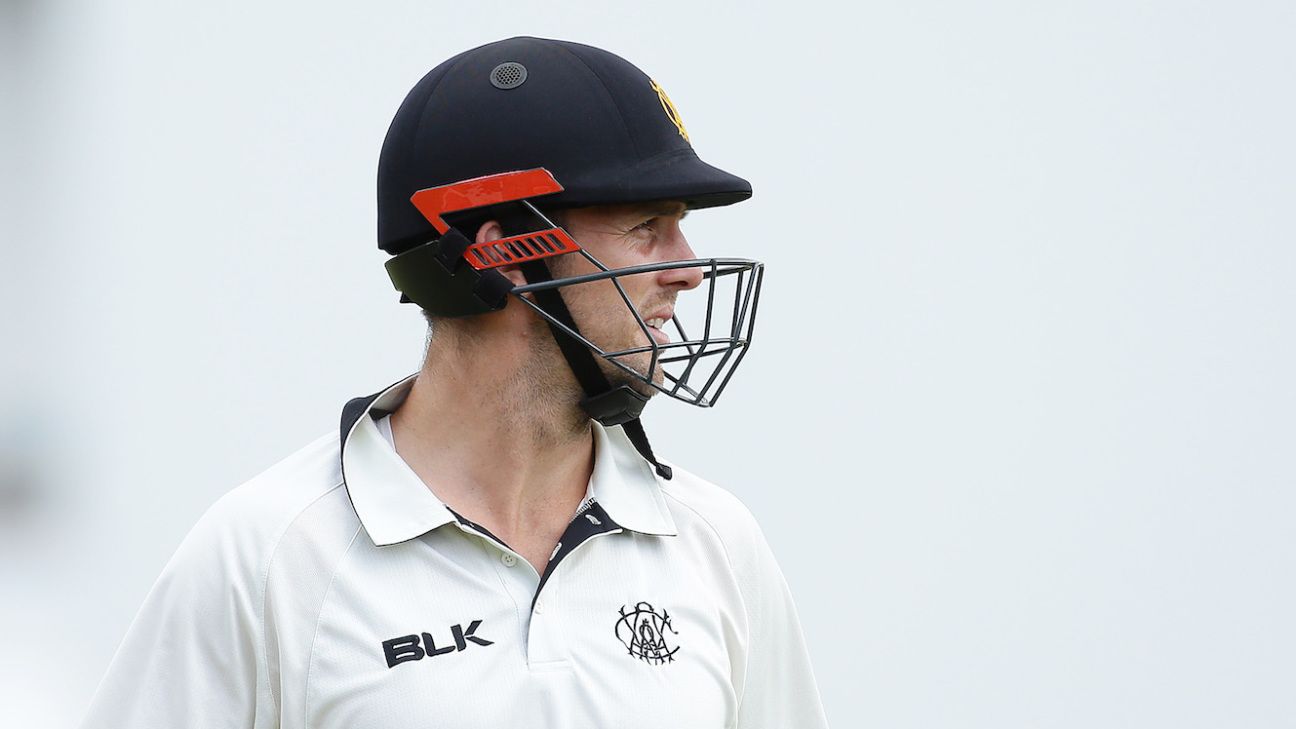
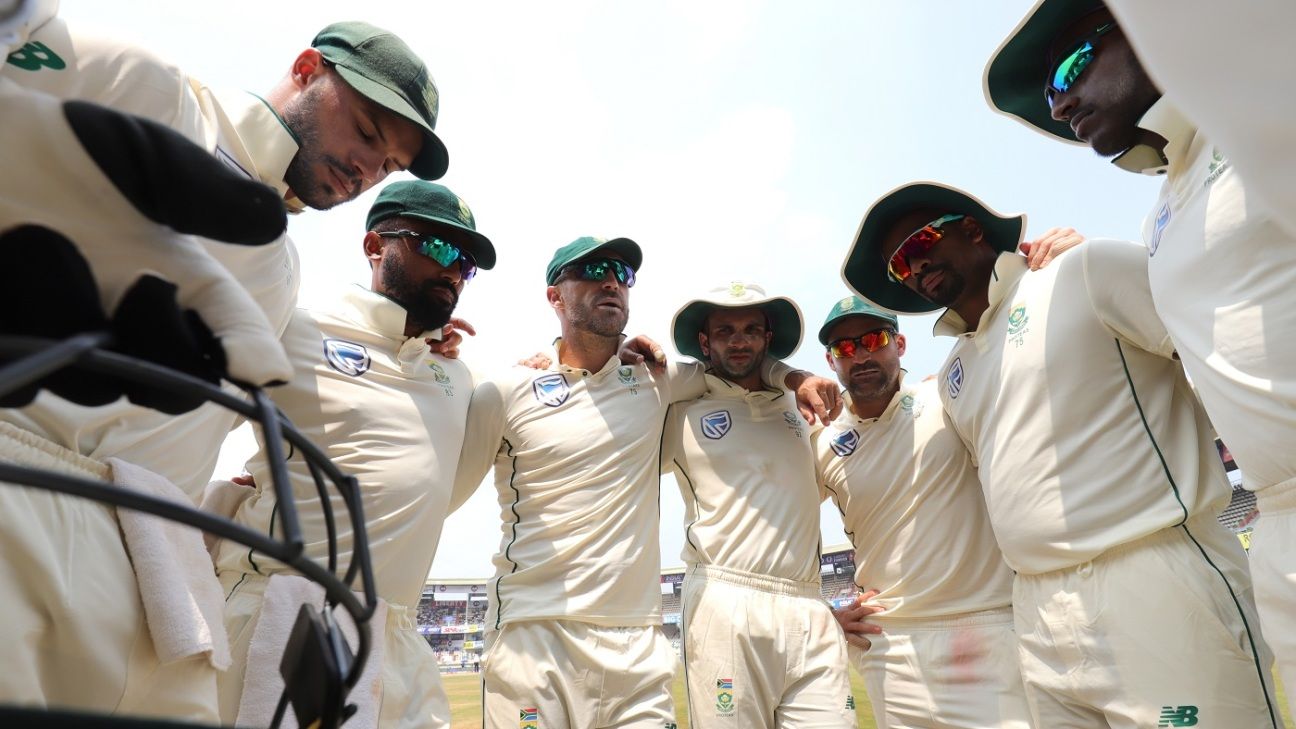
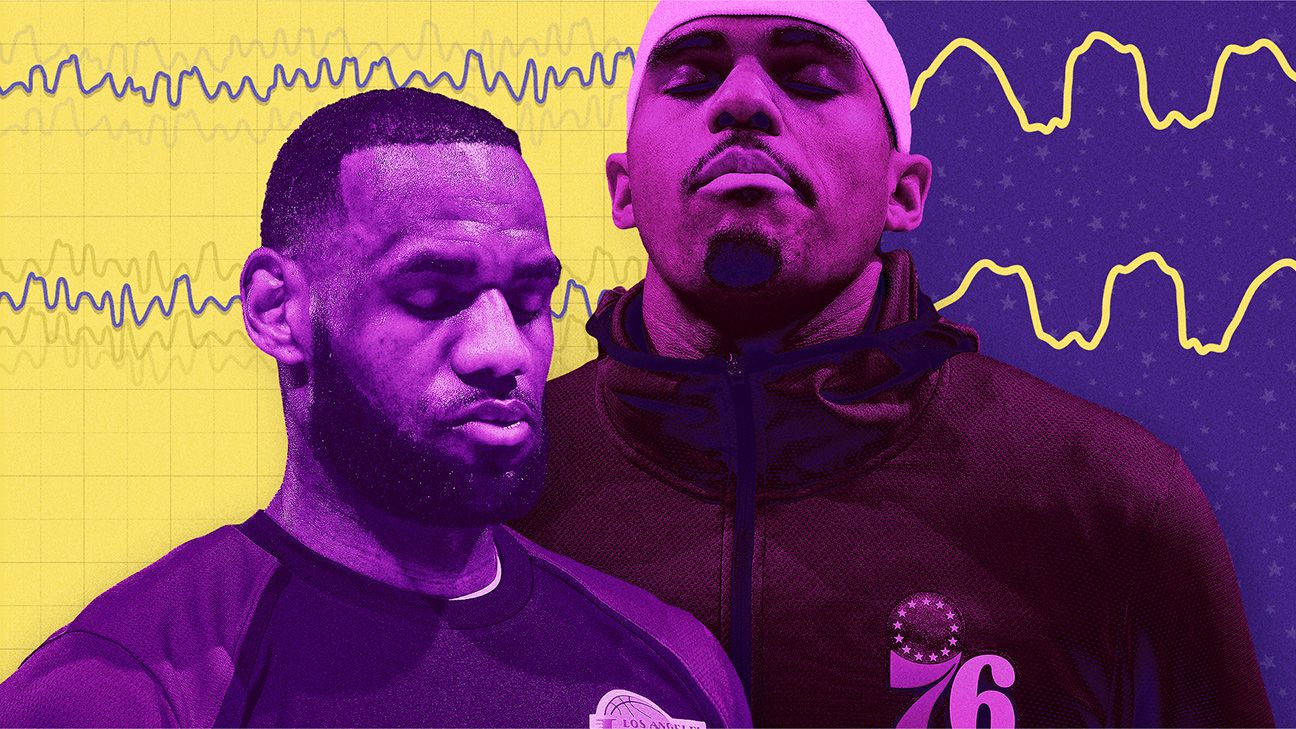
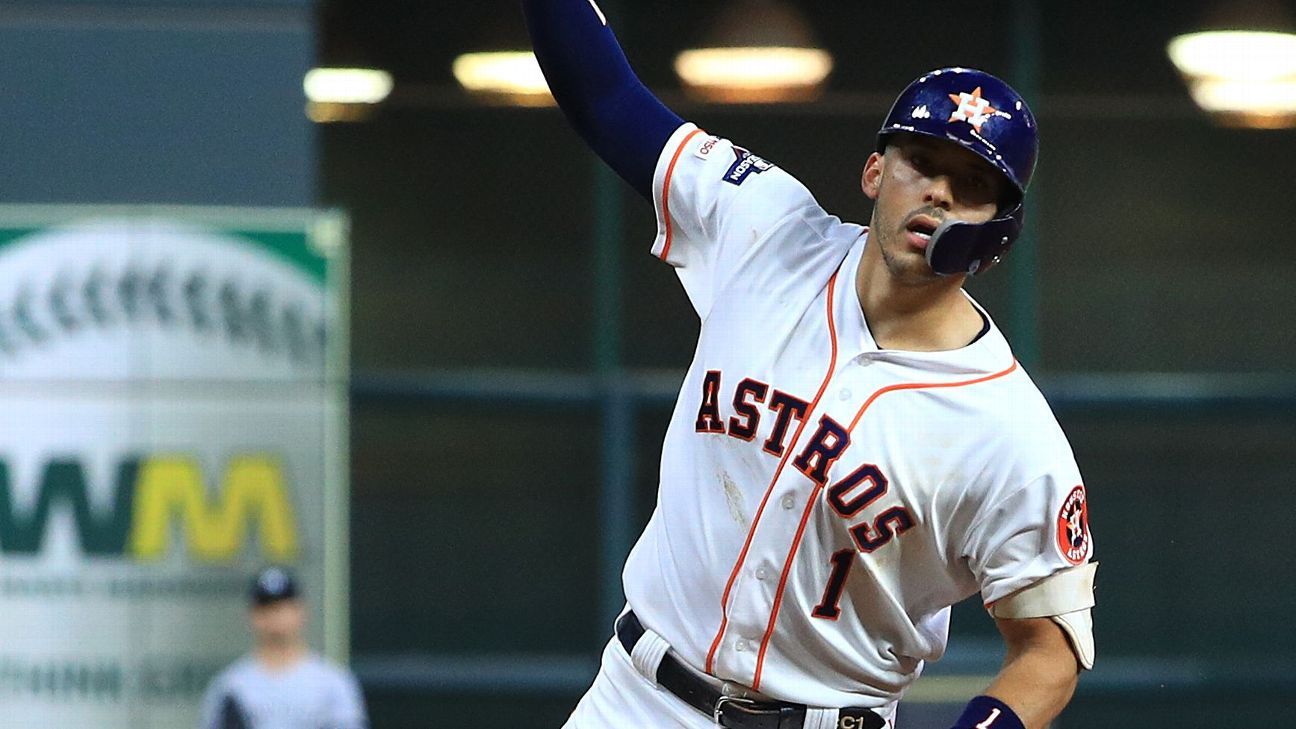
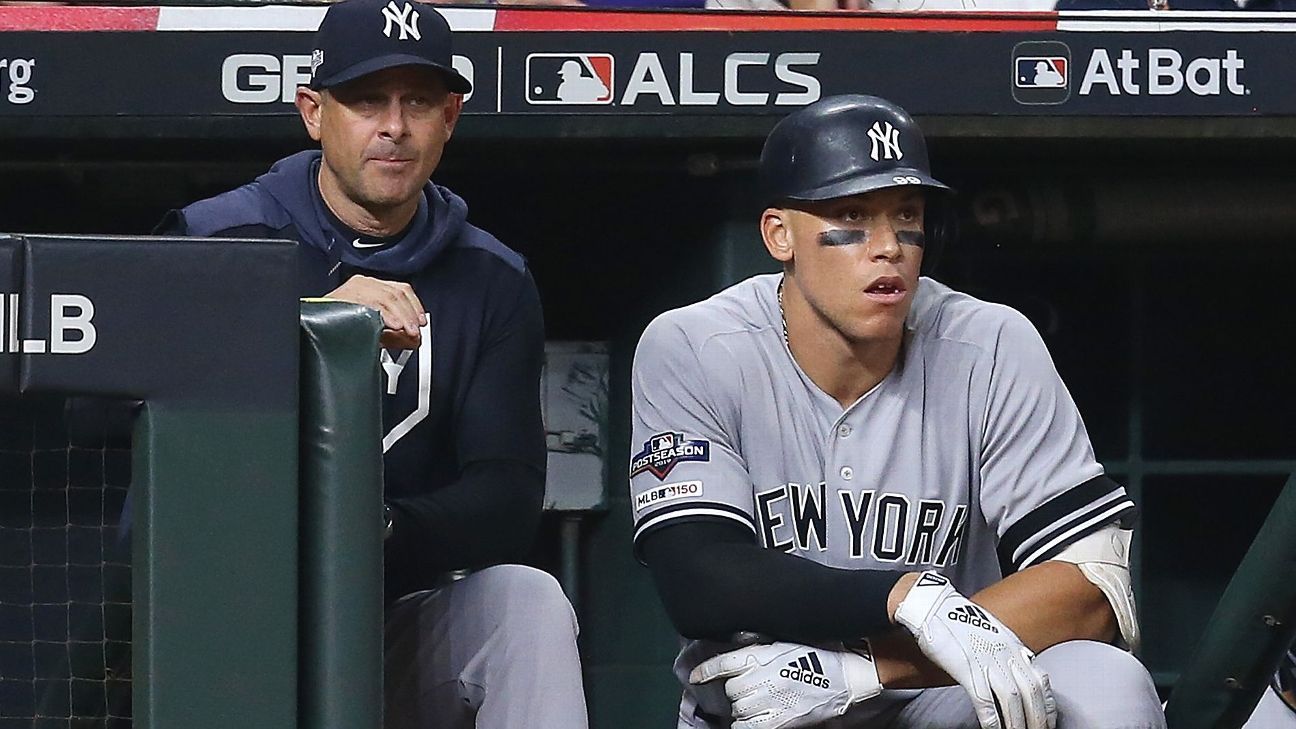

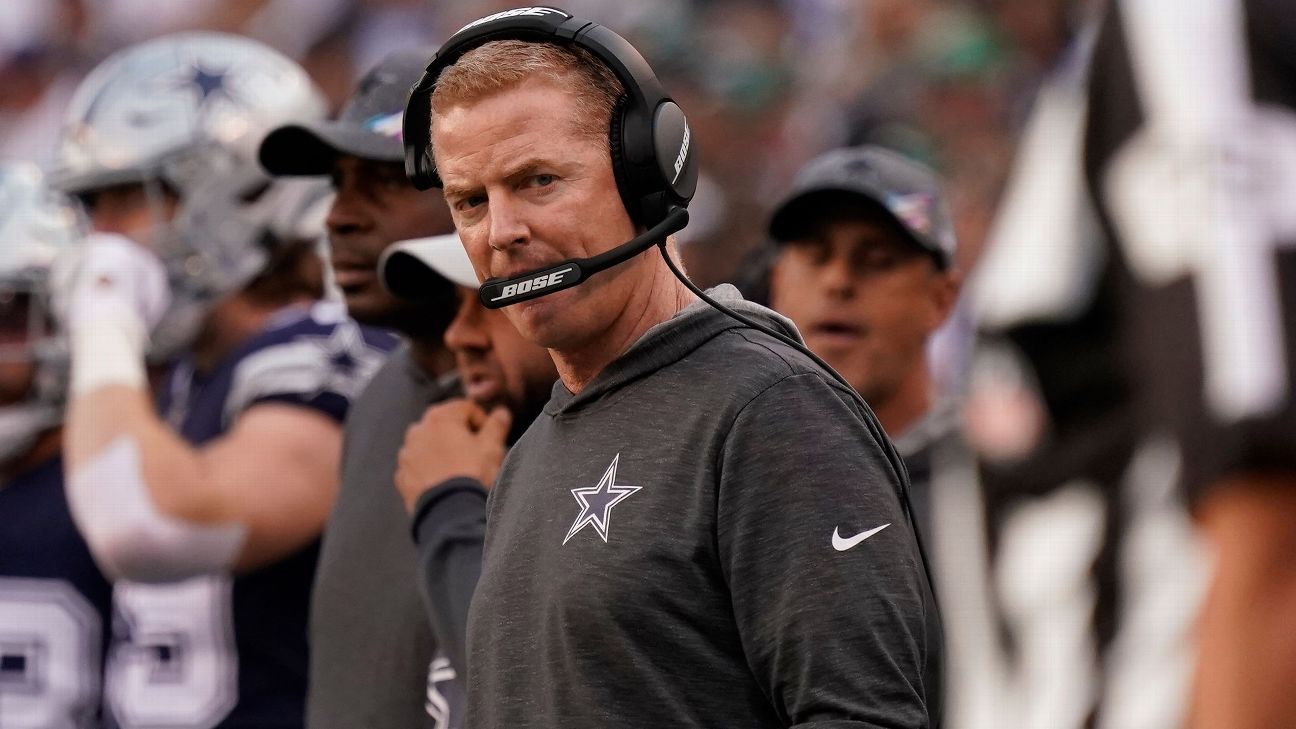
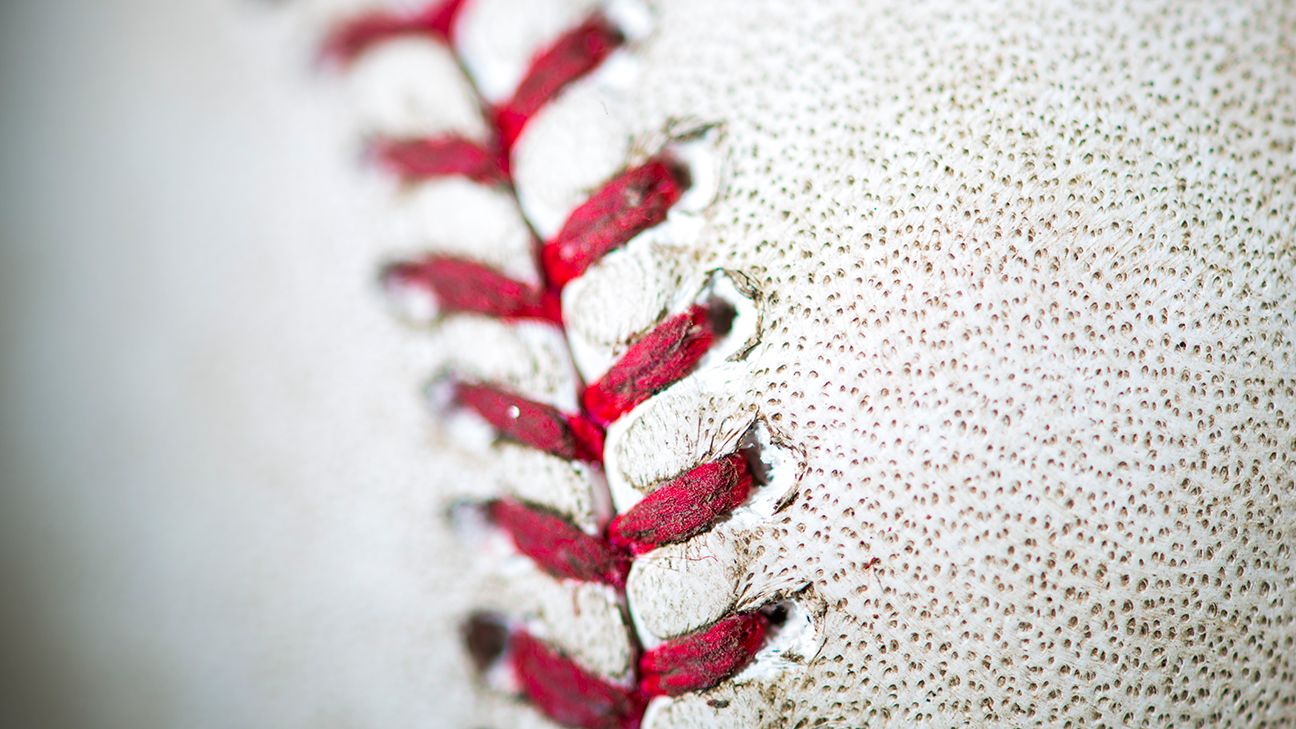

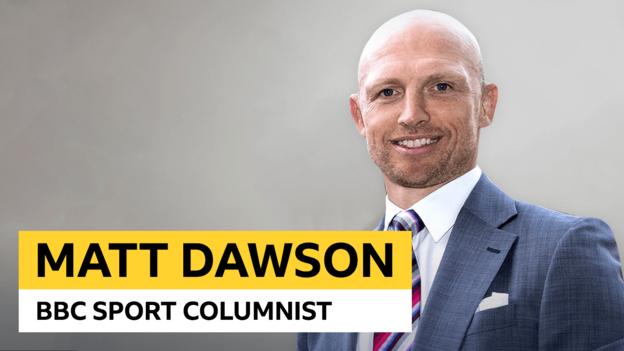













 Phone: (800) 737. 6040
Phone: (800) 737. 6040 Fax: (800) 825 5558
Fax: (800) 825 5558 Website:
Website:  Email:
Email: 






